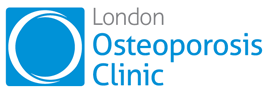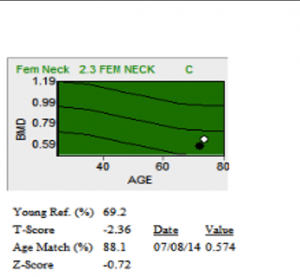What is a DEXA Scan?
A DEXA scan, which stands for Dual-Energy X-ray Absorptiometry, is a specialized medical imaging technique primarily used to measure bone mineral density (BMD). It is a non-invasive and painless procedure that involves sending two low-dose X-ray beams through the bones, typically the spine and hip. By measuring how much X-ray energy the bones absorb, a DEXA scan can precisely assess bone density.
Diagnosis:
1. Osteoporosis:
DEXA scans are most commonly associated with the diagnosis of osteoporosis, a condition characterized by weakened bones that are prone to fractures. The scan provides a T-score, which compares your bone density to that of a healthy young adult. A T-score of -2.5 or lower indicates osteoporosis, while a T-score between -1 and -2.5 suggests osteopenia, a precursor to osteoporosis.
2. Fracture Risk Assessment:
Beyond diagnosing osteoporosis, DEXA scans also help estimate an individual’s risk of future fractures. This information is vital for healthcare professionals to effectively tailor treatment and prevention strategies.
Monitoring of Treatment:
DEXA scans aren’t limited to diagnosis; they also play a crucial role in monitoring the effectiveness of treatments for bone-related conditions:
1. Osteoporosis Treatment:
For individuals diagnosed with osteoporosis, DEXA scans to track changes in bone density over time. This allows healthcare providers to assess treatment plans’ success and make necessary adjustments. Improvements in bone density are a positive sign that the treatment is working, reducing the risk of fractures.
2. Other Conditions:
DEXA scans are not exclusive to osteoporosis; they can also be valuable in monitoring bone health in various other medical conditions, such as hyperparathyroidism and hyperthyroidism. These scans help healthcare professionals determine the impact of these conditions on bone density and guide treatment decisions.
Conclusion:
A DEXA scan is a sophisticated yet safe diagnostic tool for assessing bone health. It’s essential for diagnosing osteoporosis, estimating fracture risk, and monitoring the effectiveness of treatments. DEXA scans empower healthcare providers and patients with valuable information, allowing for informed decisions and proactive management of bone-related conditions.
For more information about DEXA scans and how they can benefit you, please visit our website at LondonOsteoporosisClinic.com.

